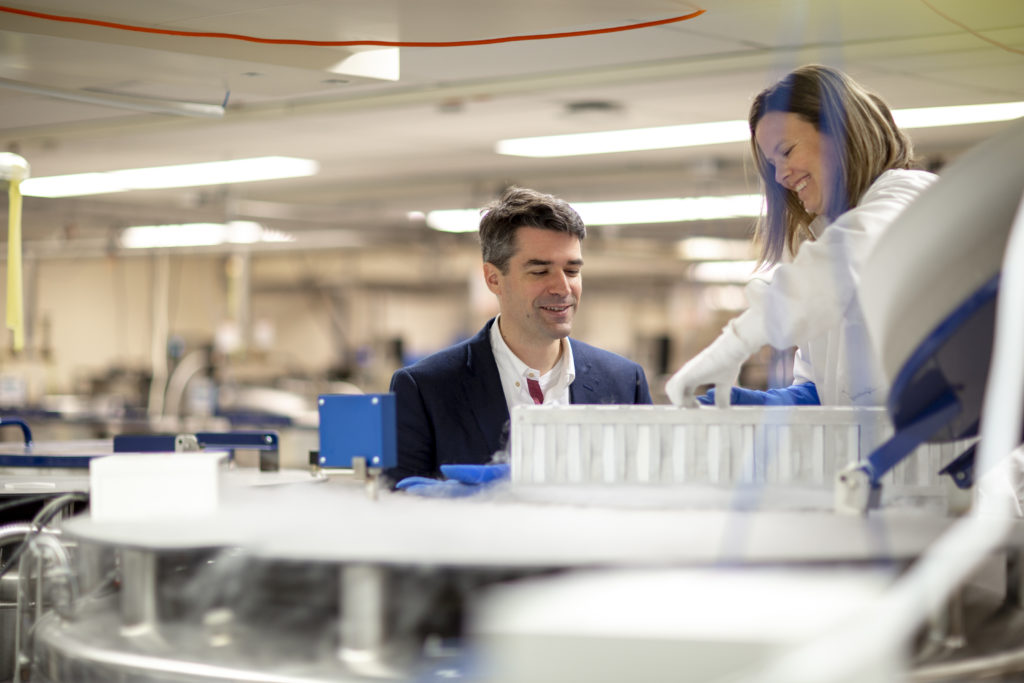
Preventing disease, everywhere
One third of all global deaths are caused by heart attacks and strokes, and most of them in lower income countries. We’re finding solutions to prevent these deadly diseases – solutions that are available to people in every corner of the globe.
Discovery without boundaries
Cardiovascular disease knows no bounds. Despite common belief, heart attacks and strokes aren’t issues specific to the Western world. In fact, they claim the most lives from low and middle income countries. Our teams are focused on finding solutions to heart attack and stroke that can benefit people everywhere — people who are rich or are poor, people of different ethnic backgrounds and cultures, and people in all parts of the world.
Our research over the last two decades has included over one million people in 101 countries. By studying how diets, activity, genetics, social and environmental factors interact with each other to influence the development of cardiovascular disease, diabetes, and other chronic diseases, we’ve identified new ways to prevent heart attacks and strokes. Trials of innovative treatments have also discovered new ways to prevent deaths, recurrent heart attacks, or strokes once people have cardiovascular disease. Our discoveries have improved the way people with heart disease and stroke are cared for worldwide. The health of people in Canada matters, but so does the health of people around the globe. Disease knows no bounds, and neither does our research.
Canada’s largest biobank
Hamilton Health Sciences is home to Canada’s largest research biobank, a literal vault of human DNA housing more than three million samples collected from patients around the globe. The facility provides an information-rich, cellular and molecular database that supports our researchers in solving some of the world’s greatest health challenges, including heart disease and stroke.
With more than 100 international studies being led by Hamilton Health Sciences and McMaster University researchers at any given time, the biobank – developed over 20 years – has become an invaluable knowledge repository. It can provide our researchers with key information on half a million patients, at their fingertips. These samples are used for analysis of genetic biomarkers that predict the development of various diseases and provide new insight in to the causes of heart attacks, strokes, heart failure, cancer, diabetes and dementia. Samples are stored in liquid nitrogen so that they can be used for decades to come.
